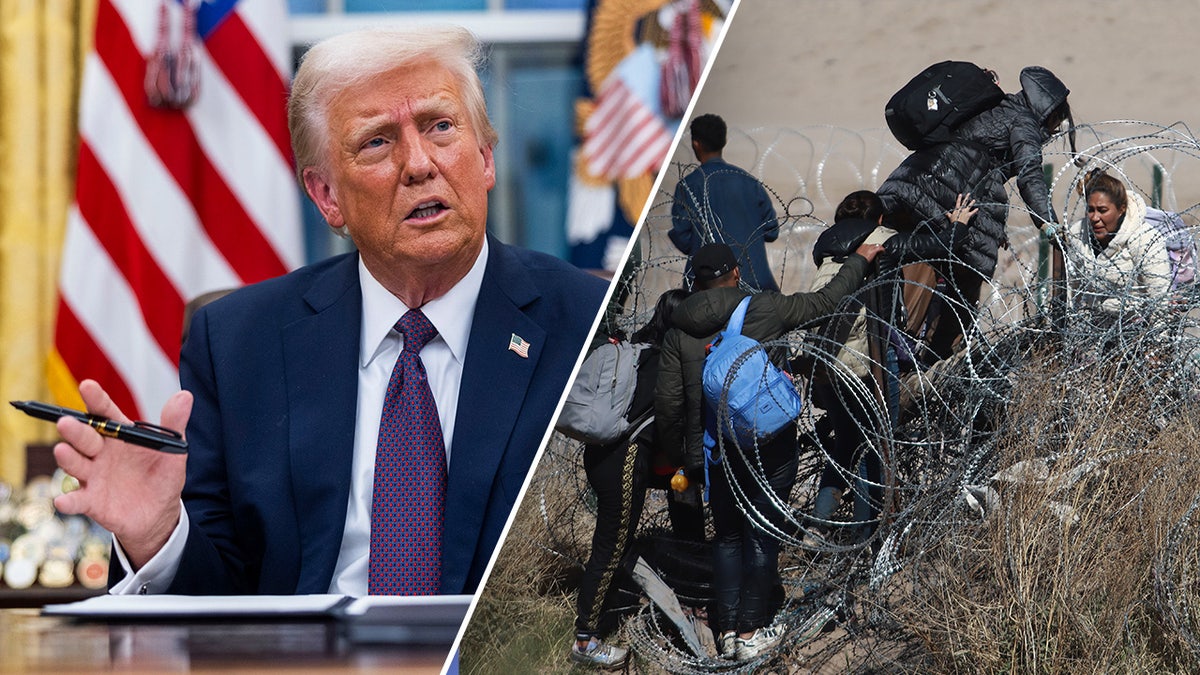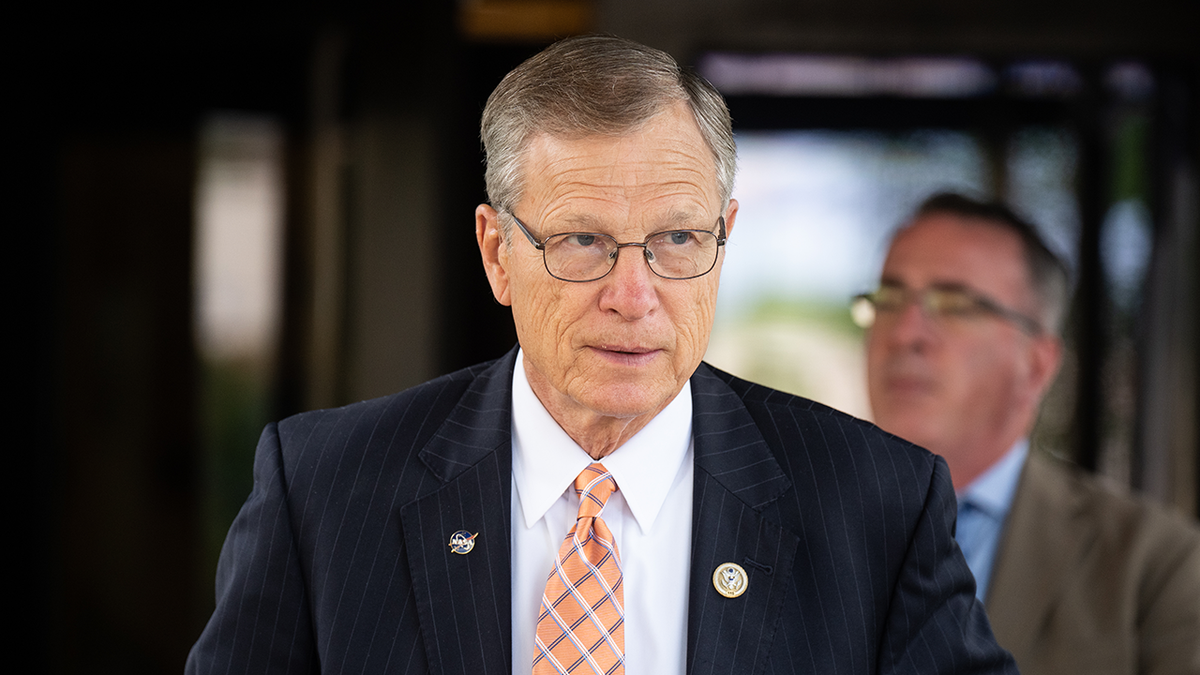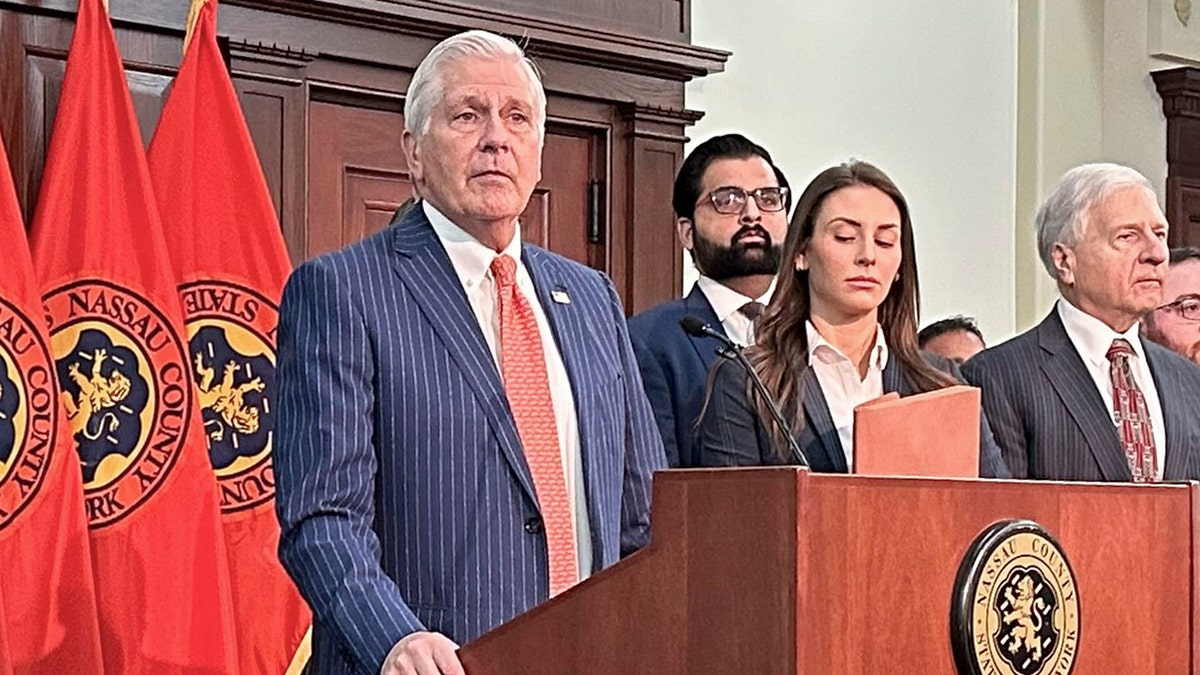Following President Trump's executive order restricting birthright citizenship, House Republicans are introducing legislation to support the measure and address anticipated legal challenges. Representative Brian Babin (R-TX), Chairman of the House Science and Technology Committee, is spearheading the bill, which has already garnered support from over 20 Republican co-sponsors.
Babin's focus lies on two key areas: children born to individuals who enter the U.S. illegally across the southern border, and instances of "birth tourism," where foreign nationals come to the U.S. specifically for the purpose of having children who will be granted automatic citizenship. He emphasizes the need to close loopholes that are being exploited, deter illegal immigration, and rectify what he considers a misinterpretation of birthright citizenship. Babin underscores his support for legal immigration, citing his own family's immigration history as an example.

Trump's executive order, signed shortly after his inauguration, has sparked significant controversy. It aims to limit birthright citizenship to children with at least one parent who is a U.S. citizen, lawful permanent resident, or actively serving in the U.S. military. This would exclude children born to undocumented immigrants or those on temporary visas. Progressive organizations, including the ACLU, have swiftly condemned the order, labeling it unconstitutional.
Babin anticipates legal challenges and believes the matter will ultimately be decided by the Supreme Court. He views this as an opportunity to obtain a definitive ruling on the interpretation of the 14th Amendment's citizenship clause. The core debate revolves around the interpretation of the clause, "All persons born or naturalized in the United States, and subject to the jurisdiction thereof, are citizens…" The 1898 Supreme Court case *United States v. Wong Kim Ark* established the precedent for unrestricted birthright citizenship, but critics of this interpretation point to other nations with different citizenship requirements based on parental status.

President Trump expressed confidence in his executive order, highlighting the U.S.'s unique stance on birthright citizenship and his belief in the legal soundness of his action. Congressional legislation would further strengthen his position. Babin's bill is not being introduced as a constitutional amendment, as he believes the issue lies with the interpretation, not the wording, of the 14th Amendment.








